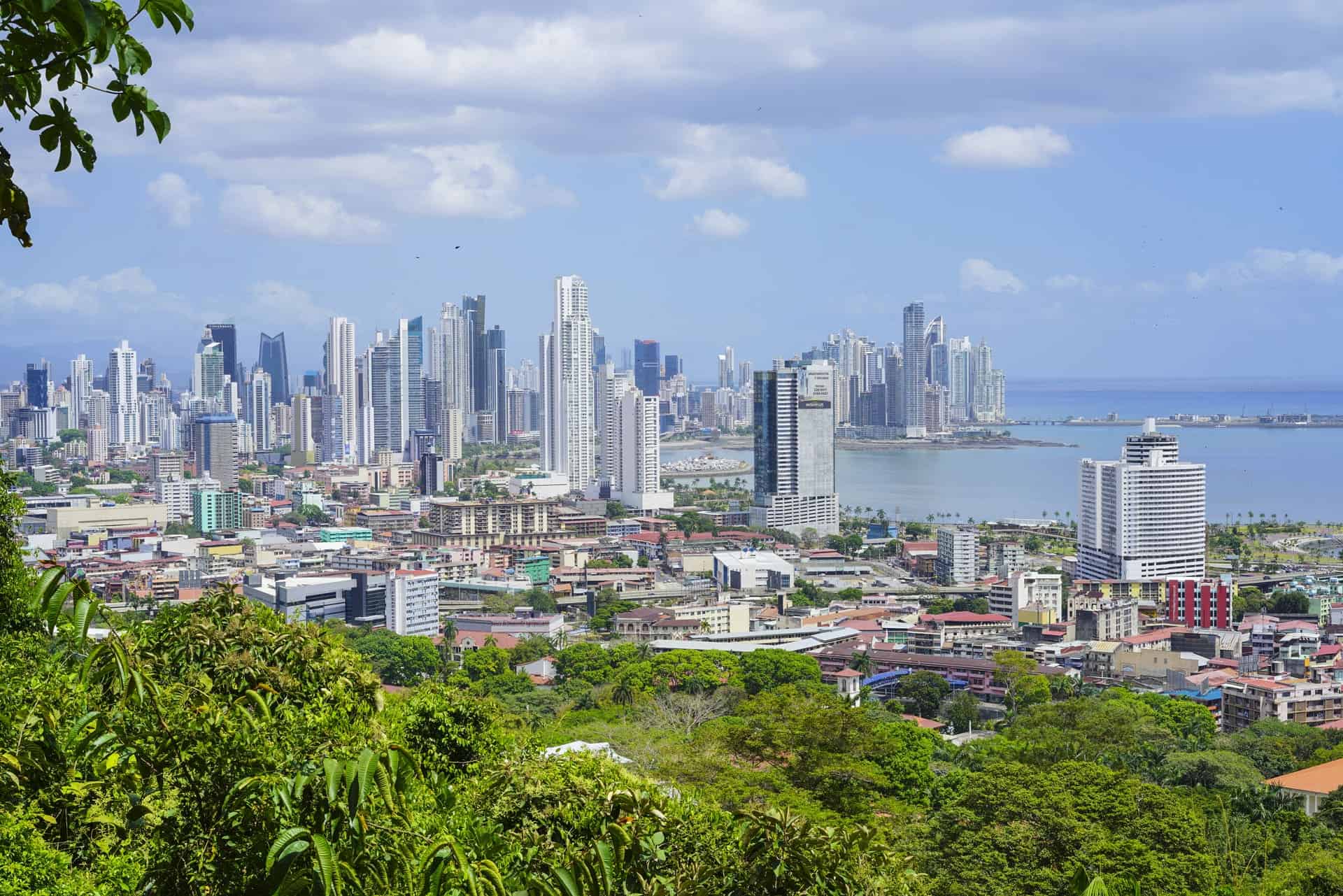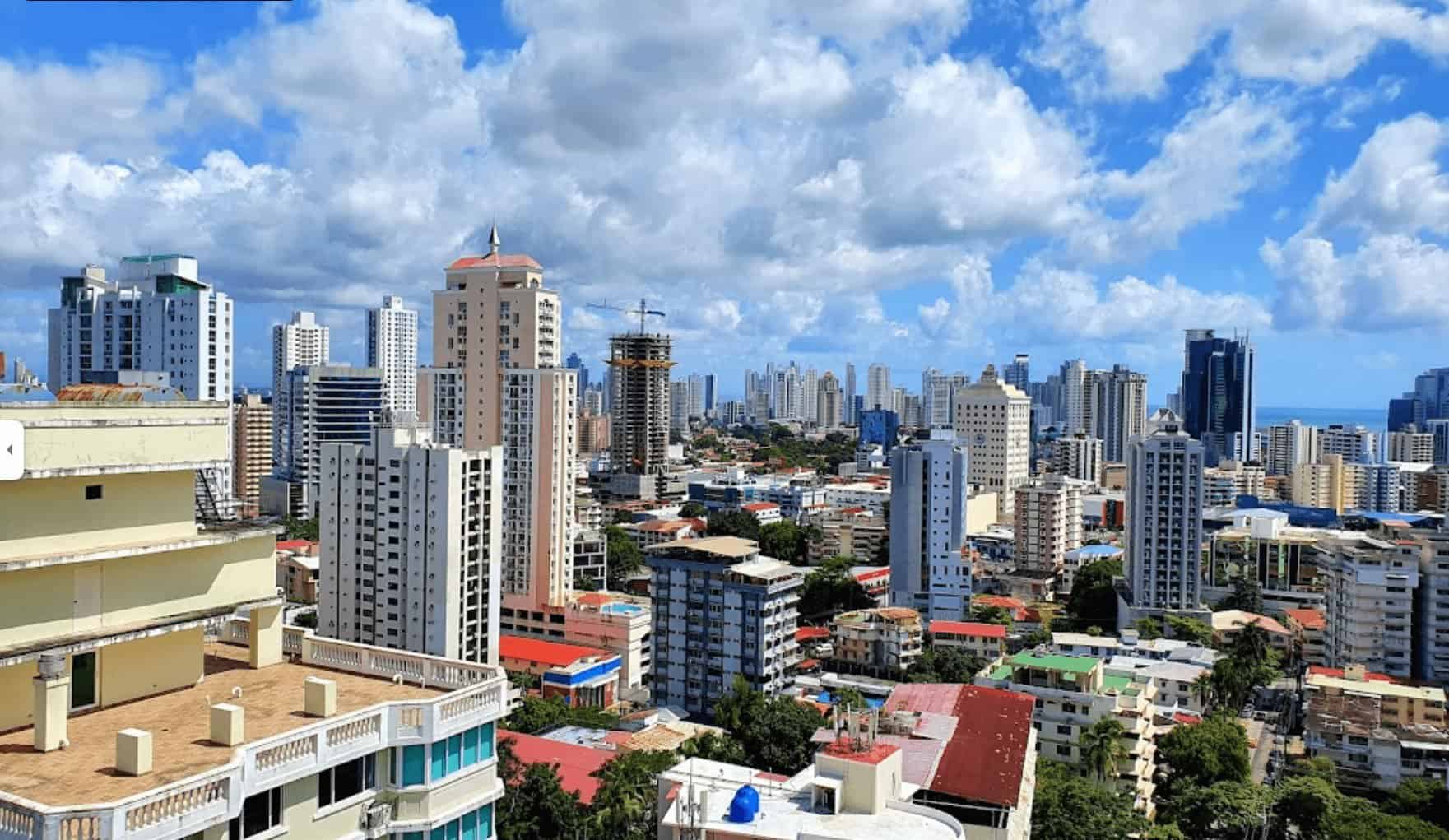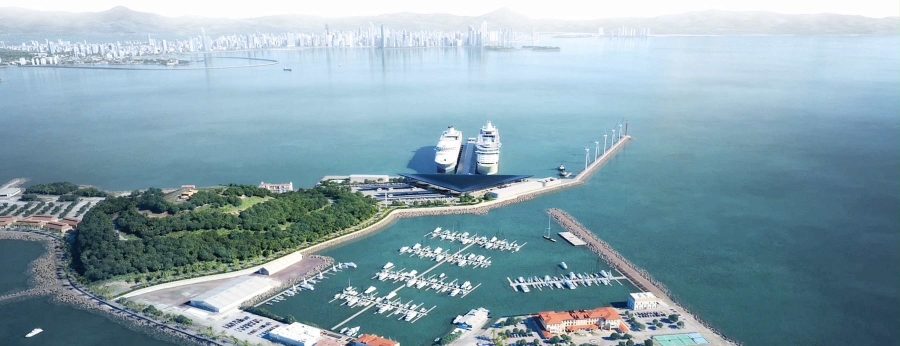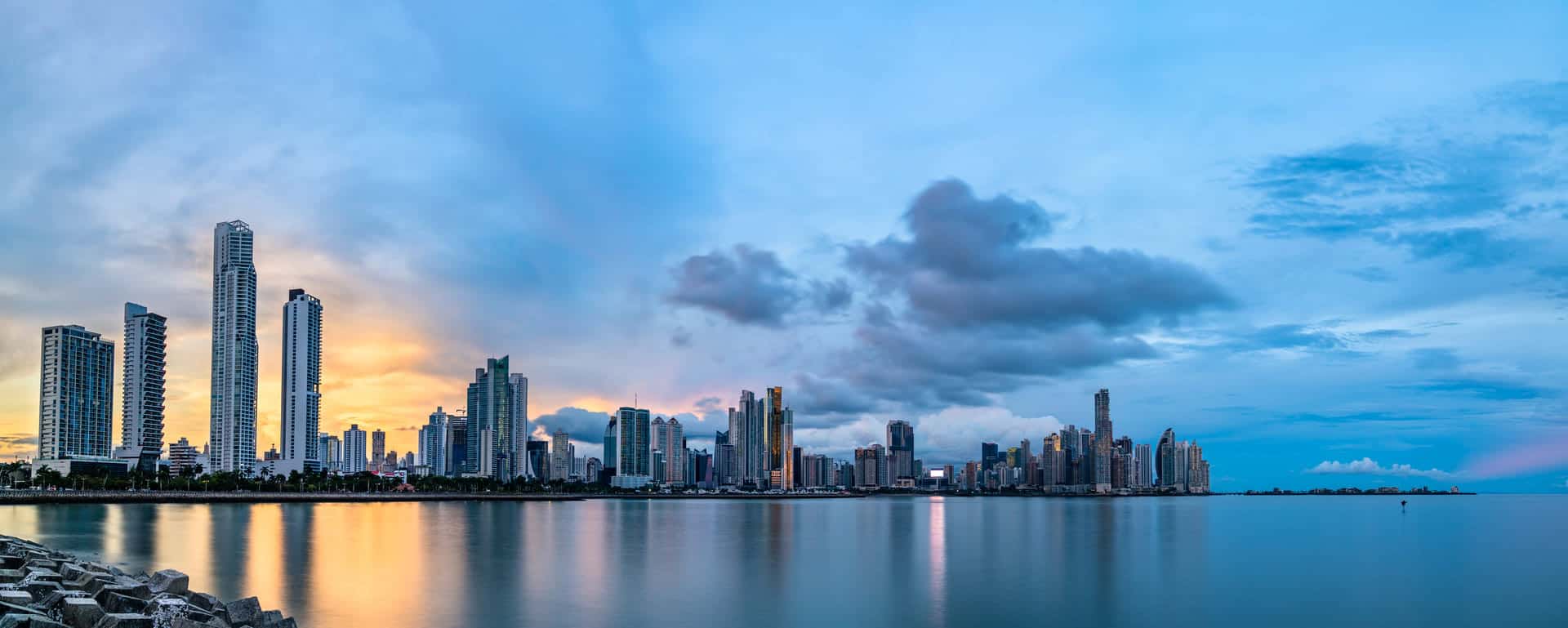Let’s uncover the crucial topic of potential mistakes to avoid when purchasing real estate in Panama. As an investor, navigating the real estate market can be both thrilling and daunting. In this article, we’ll delve into the top mistakes that buyers often encounter in Panama real estate landscape, shedding light on mistakes that could impact your investment journey. We will explore eight real estate buying mistakes in Panama that every investor should be wary of. But fear not, as we also provide invaluable tips and insights to help you navigate the Panamanian real estate landscape with confidence and clarity. Whether you’re a seasoned investor or considering your first venture into the vibrant Panamanian real estate market, this article will equip you with the knowledge and foresight needed to make informed decisions. So, let’s dive in and uncover the essential considerations to ensure a successful real estate investment in Panama.

8 Potential Real Estate Buying Mistakes in Panama
When buying real estate in Panama, there are several potential mistakes that buyers often encounter. Here’s an overview of the real estate buying mistakes often encountered by buyers in Panama:
- Understanding the Significance of Finca Numbers
When investing in residential property in Panama, buyers particularly foreign investors should know the significance of Finca numbers. In Panama, each registered property is allocated a distinct Finca number, essential for verifying its legal status, ownership history, and any encumbrances. To steer clear of potential pitfalls, always ensure to meticulously verify the Finca number through a comprehensive search in the public registry.
- Properties Priced above Market Value
When most people hear of the issues with Panama real estate, they opt for doing the process on their own without a real estate agent. This approach is a major mistake because it guarantees that brokers and others will take advantage of you. Following this path means that you will overpay for the listing price on the property, and you won’t know until you have finalized everything.
- Mistakes Associated with Right of Possession
When investing in Panama real estate, especially as a foreigner, understanding the concept of “Right of Possession” (ROP) properties is important. Unlike titled properties, ROP properties operate under a system where land is possessed rather than owned outright, posing heightened risks due to the lack of formal title. Despite offering lower prices, ROP properties can lead to legal insecurity, with some buyers facing weak or disputed claims post-purchase. Converting ROP properties to titled ones presents bureaucratic challenges and uncertainties.
- Understanding the “Idoneidad” Risk
“Idoneidad” signifies the certificate of professional competence or suitability mandated for professionals, such as real estate agents. Every legitimate agent must hold an “Idoneidad” certificate. To sidestep potential pitfalls, it’s imperative to verify the “Idoneidad” status of any agent or broker you intend to collaborate with in Panama. Request to review their certification and confirm its authenticity with the appropriate authorities.
- Ownership Challenges
A common mistake in Panama real estate involves ownership complications, often arising when siblings inherit property from their deceased parents. If one sibling decides to sell the property without informing the others, it can lead to disputes. According to Panamanian law, all siblings inherit ownership if there’s no formal will, necessitating consent from all before a sale can proceed.
- Understanding the Risks of “Patrimonio Familiar Tributario”
“Patrimonio Familiar Tributario” is a tax benefit system aimed at safeguarding family homes in Panama. Properties designated as “Patrimonio Familiar” benefit from reduced property taxes. However, this status entails conditions and limitations often overlooked by buyers. Such properties come with restrictions; they cannot be sold or rented out without forfeiting tax benefits, and any alteration in property use can prompt a reassessment of its tax status.
- “Ejido” Land Concept
Ejido land refers to communal land originally owned by the government and later granted to communities or individuals, often in rural areas or small towns. While some of this land has been privatized and titled, a significant portion remains as Ejido, which can lead to complex legal scenarios for potential buyers, especially foreigners. Ejido property often comes with limitations on usage, transfer, and development. There’s also the risk of unclear ownership history or disputes over land rights, which can complicate the transfer process.
- “Horizontal Property Regime” or Multi-Unit Buildings
A particular pitfall for buyers in Panama is the complexity of dealing with the “Horizontal Property Regime” (Régimen de Propiedad Horizontal), especially in condominiums or multi-unit buildings. The challenge often arises when you, as a foreign buyer, purchase a condominium or an apartment in a building governed by this regime without fully understanding the rules and regulations that apply. To navigate this, you should consider hiring a local real estate attorney who can explain Panama’s Horizontal Property Regime.
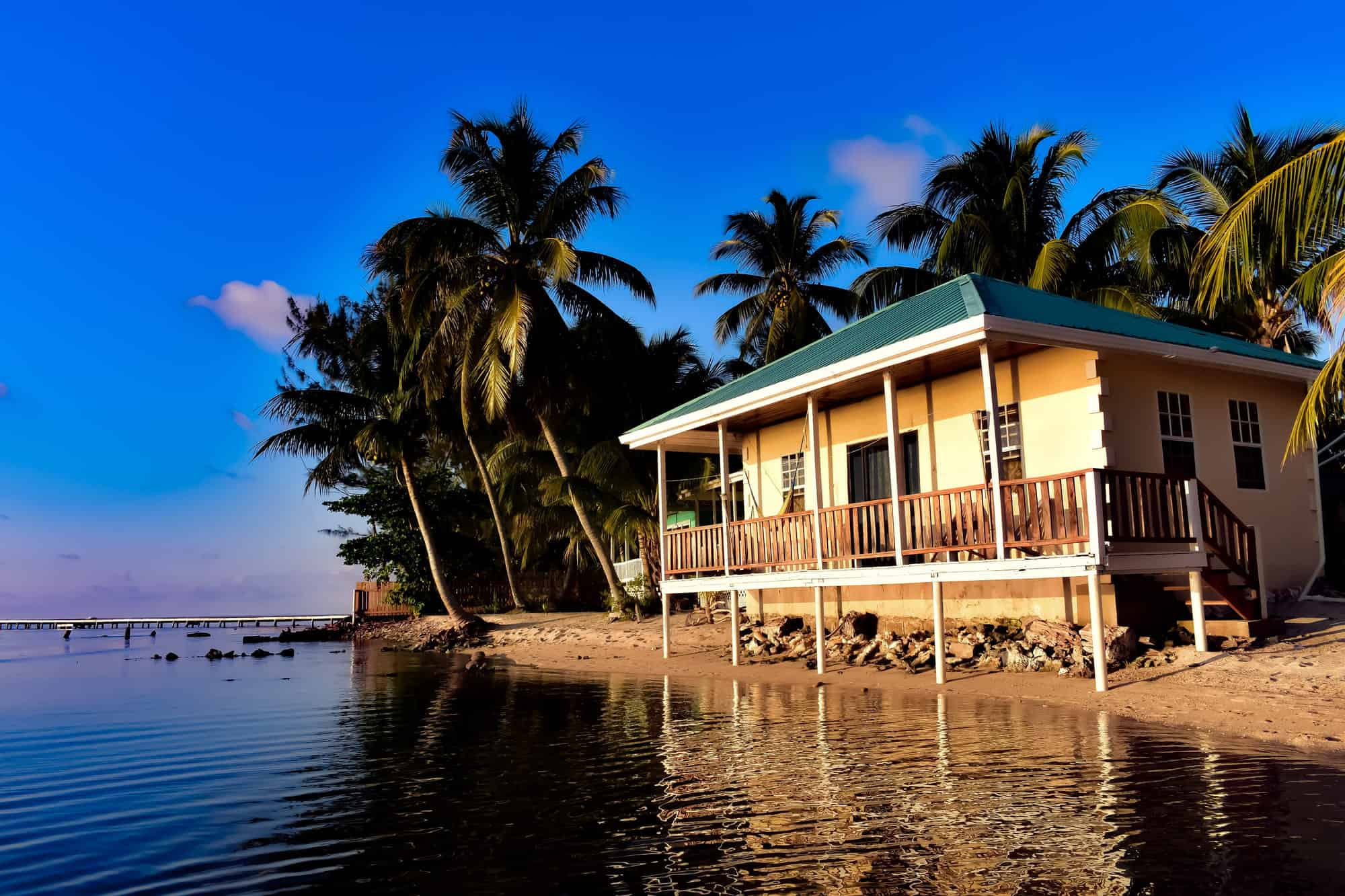
Tips Before Investing in Real Estate in Panama
Investing in Panama’s real estate market offers numerous rewards. Let’s delve into essential tips investors should consider before diving into Panamanian real estate.
- Partner with the Right Realtor: Collaborating with a licensed and seasoned real estate firm is essential. A reputable broker will be deeply immersed in the local market, aiding you in discovering the ideal property. Beyond just locating your future home or investment property, they will expertly navigate the entire sales process until the property is transferred to your name, ensuring you have the keys in hand.
- Opt for Cash Purchase: Avoid financing if feasible. While not viable for everyone, offering the full purchase price in cash can yield substantial benefits. Firstly, it enables your realtor to negotiate a more favorable purchase price with the seller leveraging a quick closing. Secondly, you sidestep additional expenses linked with financing, such as bank closing fees and required insurances, saving you money in the process.
- Avoid Financing Pitfalls in Property Purchase: Securing financing is often necessary when purchasing real estate, whether through a mortgage or similar loan. In Panama, financing options exist for both locals and expatriates, albeit with nuances. Residents with Panamanian income enjoy more favorable terms compared to foreigners lacking local income or credit history. Before embarking on your property search, consult with a local bank to assess loan eligibility and potential amount. With pre-approval in hand, you’ll gain clarity on suitable properties and projected returns on investment.
- Manage Your Price Expectations: While Panama offers reasonable prices, taxes, and expenses in comparison to global markets, don’t anticipate unrealistically low prices. Your realtor, backed by a comparative market analysis, should advise on a price that benefits both buyer and seller.
- Verify Your Agent’s License: Engage a licensed brokerage familiar with local market intricacies and sales procedures. Ensure your broker is affiliated with local real estate associations like ACOBIR in Panama, indicating expertise and competence in representing your interests effectively.
Key Considerations Before Investing in Real Estate
Just as you’d likely hire a licensed professional to make repairs to your home, hiring a real estate agent can help give you peace of mind and confidence throughout the buying process of real estate property in Panama. Real Estate Agents know the market inside out, ensuring you get properties at fair rates and access to off-market listings. They will also save you time by streamlining your search based on your needs. They offer valuable insights on neighborhood nuances like security and infrastructure and they handle the tedious paperwork, ensuring a smooth transaction process. With comprehensive records, real estate agents can address post-sale issues effectively, safeguarding your interests. They navigate deal-closing hurdles like title deed and outstanding loans, ensuring a hassle-free transaction. Lastly, licensed real estate agents are legally bound to prioritize clients’ interests and disclose all relevant information, ensuring peace of mind. A lawyer specializing in Panamanian real estate law is crucial for navigating the legal landscape, ensuring all paperwork is correct, and protecting your investment from common pitfalls like title issues or zoning laws. For expert guidance tailored to your specific real estate investment needs in Panama, reach out to us for personalized advisory.
Conclusion
In conclusion, navigating the real estate market in Panama requires vigilance and insight. We’ve highlighted eight potential mistakes to steer clear of, ensuring a smoother investment journey. By adhering to our provided tips and insights, you can confidently navigate the complexities of the Panamanian real estate landscape. Whether you’re a seasoned investor or new to the market, these considerations will empower you to make informed decisions and secure successful real estate investments in Panama.

